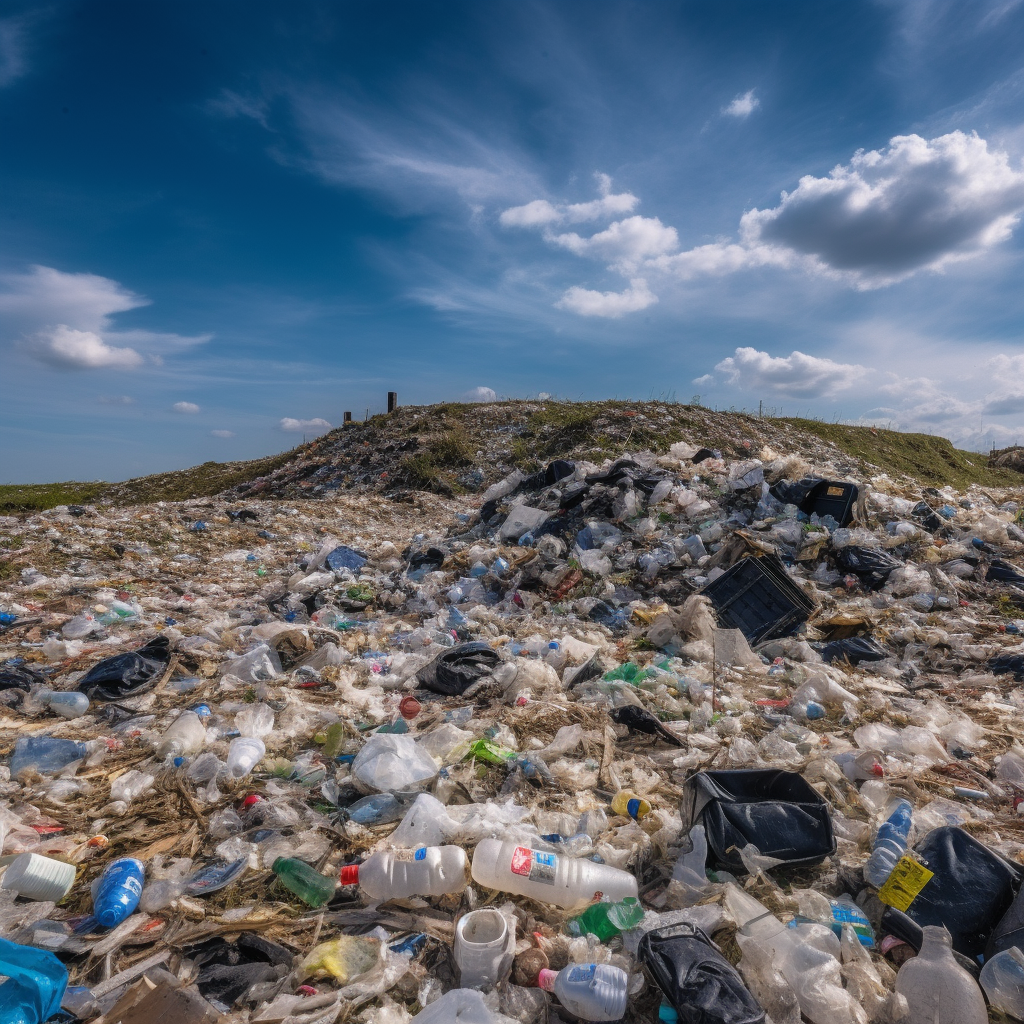June 7, 2023
How Plastic Pollution is Worsening the Climate Crisis is the Subject of the “Plastic Crisis”
Book a Demo
Plastic waste pollution is one of the most pressing environmental issues worldwide, but it also poses a significant threat to the climate. Recent research has shown that plastic production and disposal contribute to greenhouse gas emissions and global warming, exacerbating the climate crisis.
The plastic industry’s carbon footprint in 2020 was a staggering 1.3 billion metric tons, twice as big as Canada’s. Fossil fuel companies, feeling the impact of declining demand for oil and gas, are looking to increase plastic production, which will further contribute to climate change. The plastics industry is heavily reliant on fossil fuels, making it vulnerable to the interests of fossil fuel companies. As a result, the industry’s carbon emissions are projected to double by 2050.
Pacific Environment, an environmental advocacy group, urges world leaders to prioritize the climate connection in the ongoing negotiations for a global plastics treaty. The group recommends a Paris Agreement-style target of limiting global warming to 1.5 degrees Celsius and a 75% reduction in global plastic production by 2050. A total phaseout of single-use plastics by 2040 and an end to virgin plastic production by 2030 are also recommended to reduce plastic sector greenhouse gas emissions by 71% by 2050.
The negotiations for a global plastics treaty, however, face several obstacles. Procedural issues and debates over assumptions may delay progress. Moreover, fossil fuel interests are trying to weaken the treaty, as the plastics industry heavily relies on fossil fuels. Fossil fuel companies are lobbying against the treaty behind the scenes, which further complicates the negotiations.
Green production techniques and eliminating plastic incineration can further reduce plastic’s climate footprint. These solutions can help mitigate the plastic crisis and address the climate crisis simultaneously. However, it is crucial to prioritize the climate connection in the ongoing negotiations for a global plastics treaty to achieve meaningful progress.
The plastic crisis threatens not only marine life and human health but also the climate. The world needs to act urgently to address this crisis by reducing plastic production, phasing out single-use plastics, and adopting green production techniques. World leaders need to prioritize the climate connection in the ongoing negotiations for a global plastics treaty to achieve meaningful progress in mitigating the plastic crisis and addressing the climate crisis.



